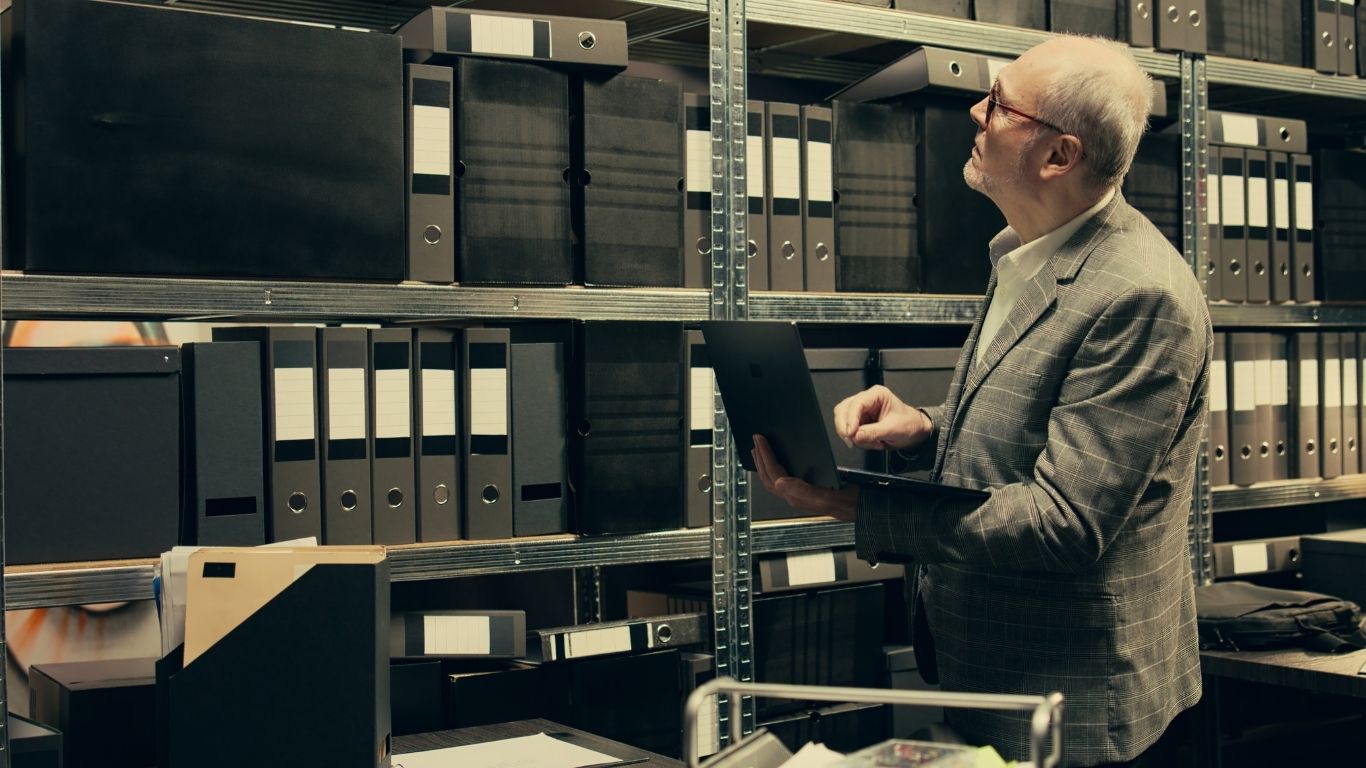When you purchase a product, you expect it to work as intended. But what happens when it causes harm? That’s where product liability attorneys come into play. These legal professionals help individuals who have suffered injuries due to defective products seek justice and compensation. Whether it’s a faulty car part, a dangerous medication, or a malfunctioning household appliance, product liability cases can be complex.
How Product Liability Claims Work
Not every defective product case qualifies for legal action. To file a claim, you must prove that a defect caused the injury. These defects typically fall into three categories:
- Manufacturing Defects – Errors that occur during the production process, making certain products unsafe.
- Design Defects – Flaws in the original design that make all items inherently dangerous.
- Failure to Warn – Inadequate instructions or warnings that lead to misuse and injury.
If you’ve been injured by a product, speaking with product liability attorneys is a crucial first step. They will evaluate your case, gather evidence, and determine the best legal strategy.
The Role of an Attorney in a Product Liability Case
Once you hire an attorney, they take on several responsibilities to build a strong case. Their job includes:
- Investigating the Incident – Attorneys collect medical records, product purchase history, and accident reports to establish liability.
- Consulting Experts – Engineers, medical professionals, and safety experts may provide insights on the product’s defect.
- Negotiating with Companies – Many cases settle out of court, but strong negotiations ensure fair compensation.
- Filing a Lawsuit if Necessary – If the responsible company refuses to settle, attorneys will take the case to court.
Real-Life Example: A Faulty Airbag Lawsuit
A few years ago, a family purchased a vehicle, unaware that its airbag system had a critical defect. When the driver got into a minor collision, the airbag deployed with excessive force, causing severe facial injuries. The victim sought legal help, and their attorney discovered that the automaker knew about the defect but failed to issue a recall. The case resulted in a multi-million dollar settlement.
What to Expect When Filing a Claim
The legal process can feel overwhelming, but knowing what to expect makes it more manageable. Here’s how a typical case unfolds:
1. Case Evaluation
You’ll meet with an attorney to discuss your situation. They will assess whether the product defect caused your injury and whether there is a strong case.
2. Gathering Evidence
Your legal team will collect purchase receipts, medical records, and expert testimonies to support your claim. This step is crucial for proving liability.
3. Filing the Lawsuit
If the case isn’t resolved through negotiations, your attorney will formally file a lawsuit against the manufacturer, distributor, or retailer responsible.
4. Negotiation and Settlement
Many companies prefer settling rather than risking a court trial. Your attorney will negotiate the best possible compensation for medical bills, lost wages, and pain and suffering.
5. Trial (If Necessary)
If a fair settlement isn’t reached, your case may go to trial. Your lawyer will present evidence, call expert witnesses, and argue for your compensation.
Common Myths About Product Liability Cases
There are several misconceptions surrounding these lawsuits. Here’s the truth:
- “You Need to Prove Intent.” Companies don’t need to have intentionally sold a dangerous product for you to win a case. Negligence or failure to test safety measures is enough.
- “Small Claims Aren’t Worth Pursuing.” Even minor injuries can lead to substantial compensation. Medical bills and long-term effects add up quickly.
- “Lawsuits Are Too Expensive.” Most product liability attorneys work on contingency, meaning you don’t pay unless you win the case.
How to Choose the Right Attorney
Selecting the right lawyer is critical to a successful outcome. Here’s what to look for:
- Experience – Choose an attorney with a strong track record in product liability cases.
- Resources – A good law firm has access to medical experts, engineers, and other specialists.
- Reputation – Look at client reviews and past settlements to gauge effectiveness.
- Communication – You want a lawyer who keeps you informed and explains legal terms clearly.
Final Thoughts
If you or a loved one has been injured due to a defective product, seeking legal counsel is essential. A qualified attorney will navigate the complexities of the legal system and fight for the compensation you deserve.
Product liability cases can hold companies accountable, improve consumer safety, and prevent future injuries. Whether through settlement or trial, having the right legal team on your side

